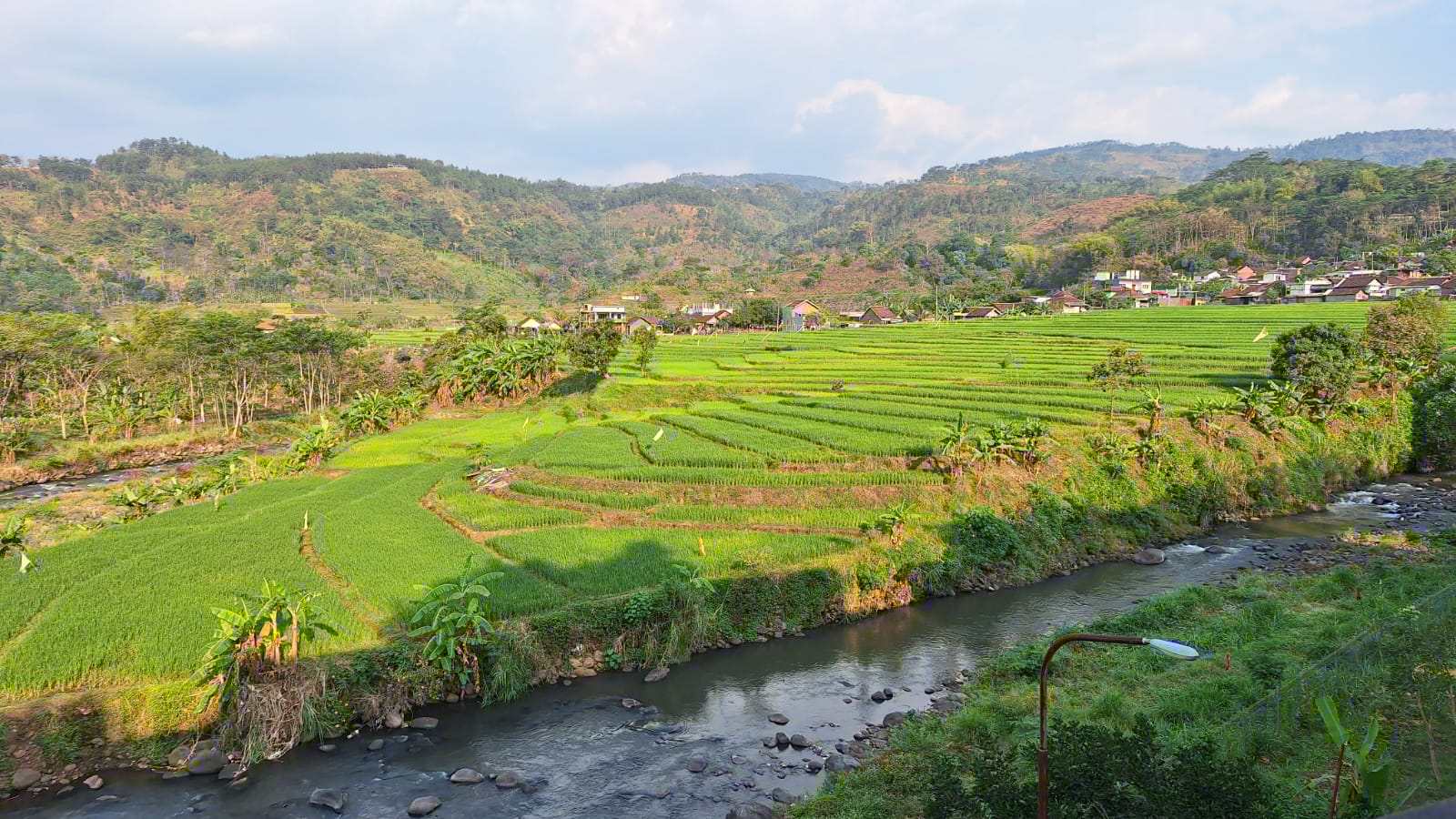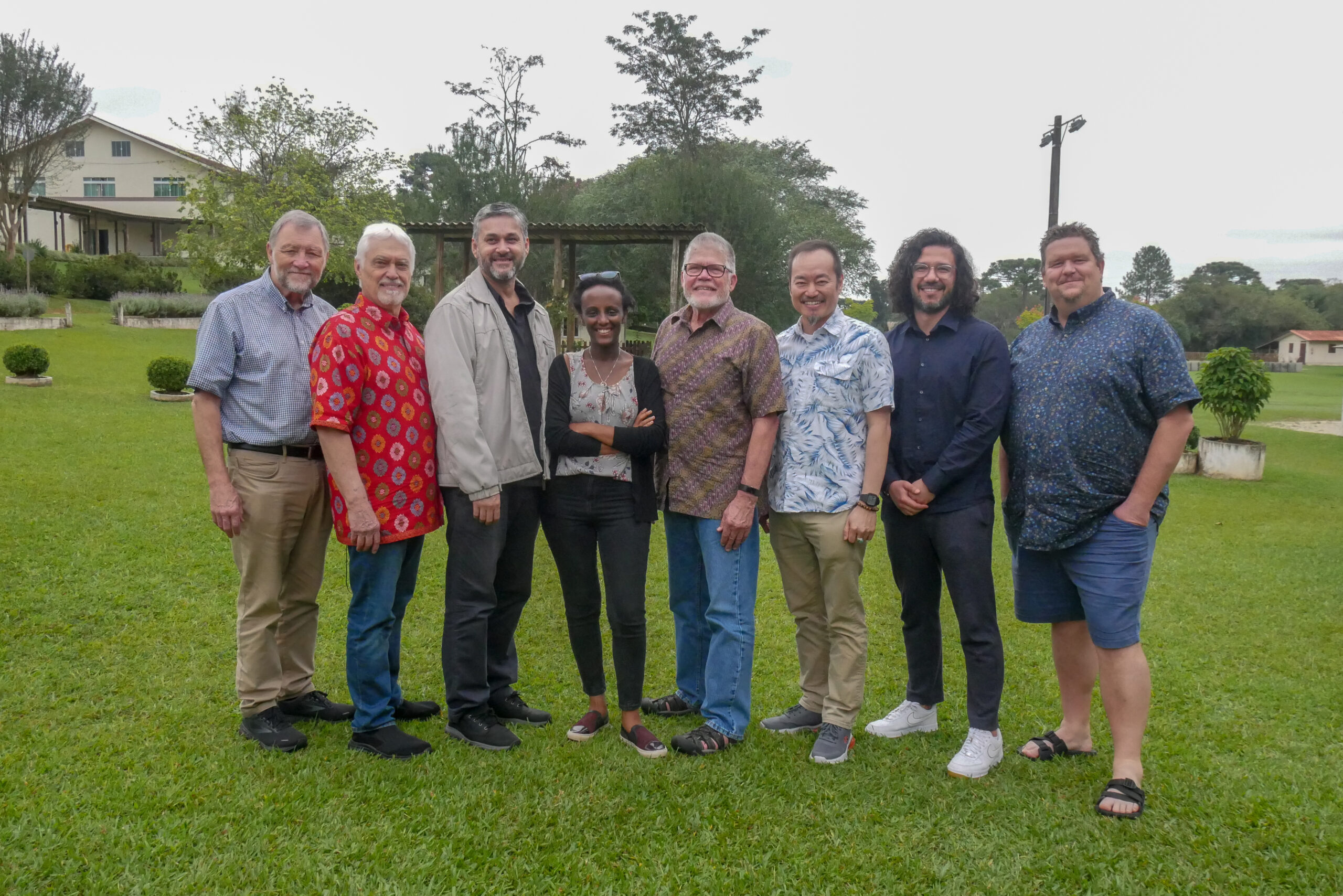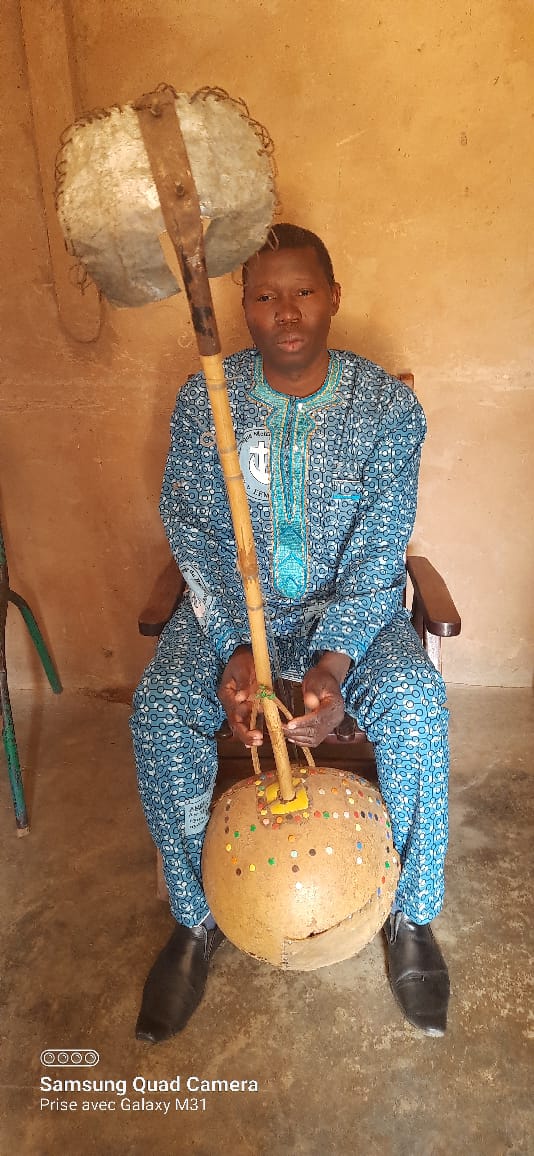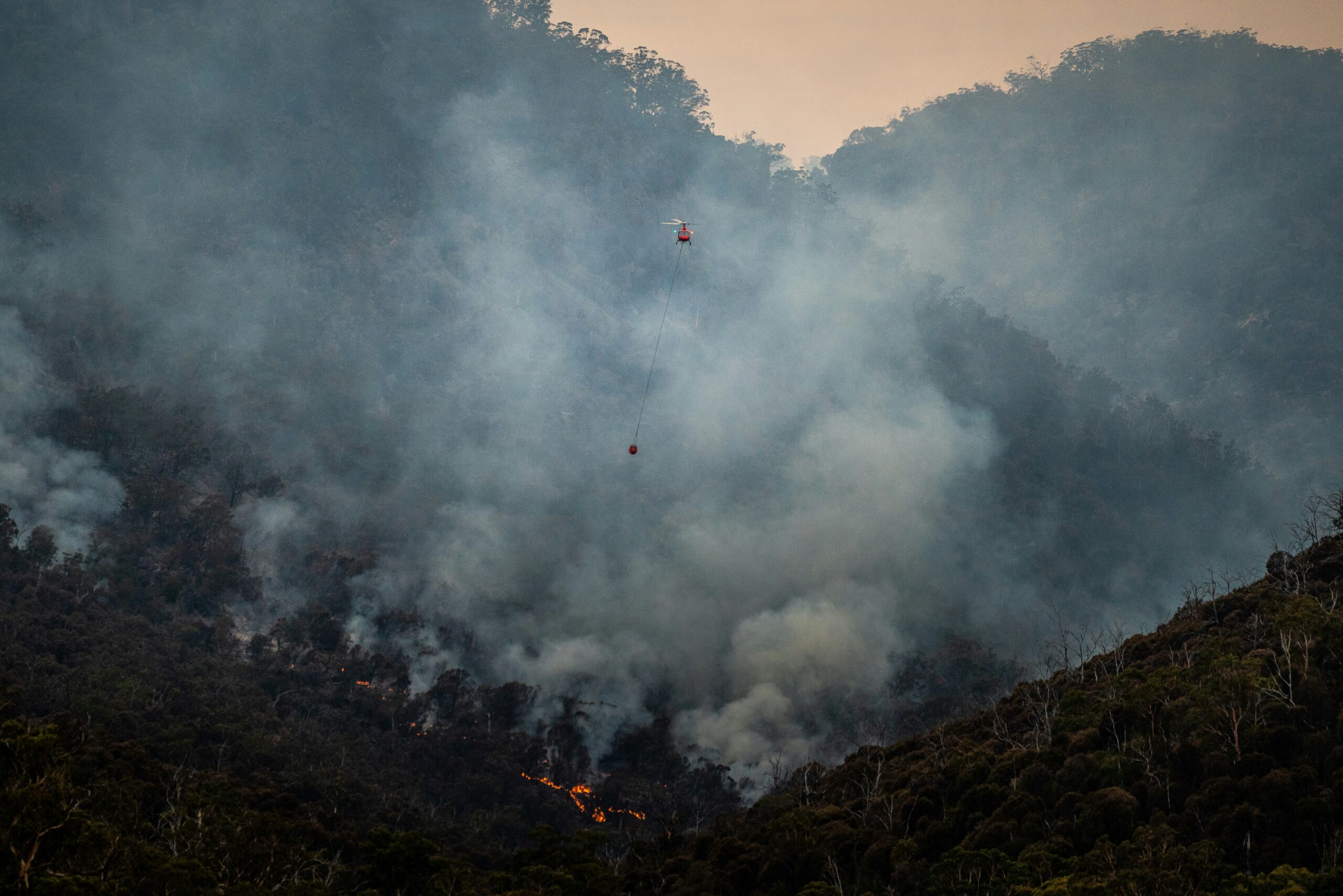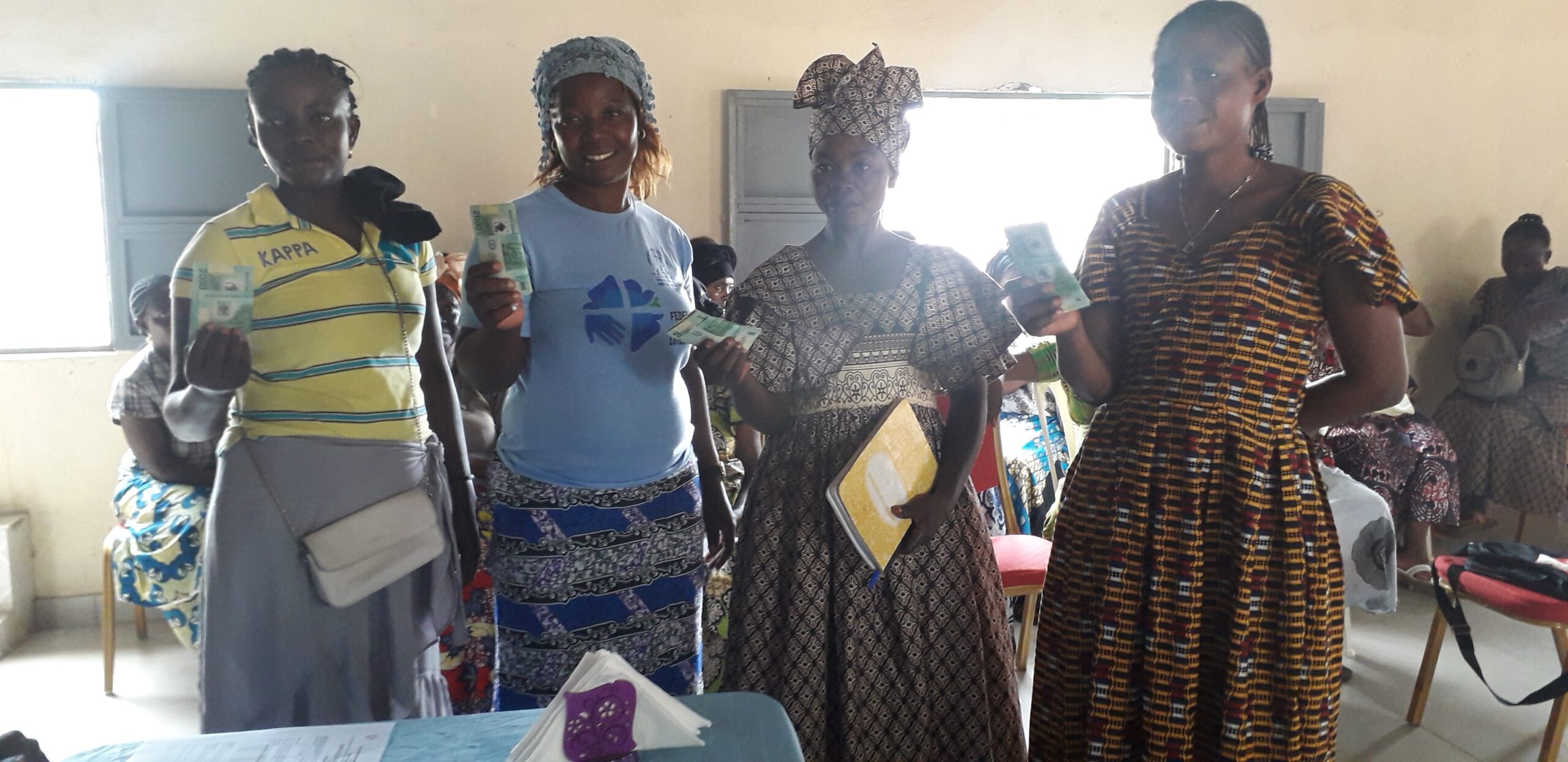-
Anabaptism and mission: an online bibliography 1859-2011
Introduction to the Updated, Online Edition (2011) The following online electronic resource represents my efforts over the last few years, as a student at Associated Mennonite Biblical Seminary (AMBS), with the sponsorship and partnership of the AMBS Mission Studies Center, directed by Walter W. Sawatsky, to update the first print edition of this work: Anabaptism
-
A weekend of prayer and action against hunger 2024
Liturgy Guide and Resources for the Weekend of Prayer and Action Against Hunger October 11-13, 2024 For this Weekend of Prayer and Action Against Hunger, Christians from all around the world will gather for prayer and worship around the theme of global hunger and food justice. We offer this guide to support worship planners to
-
An Anabaptist Theology of Service
A teaching resource from the Faith & Life commission Some weeks ago, I received a request from Bert Lobe to consider describing and reflecting on how the sixteenth century Anabaptists understood diaconal service, and how that understanding and practice developed historically. The idea was that this kind of study might provide a basis for discussion
-
5 Mennonite Minutes
César García, Mennonite World Conference general secretary, offers a meditation on Acts 4:32-35.
-
A Culture of Peace
A Culture of Peace, by Alan Krieder, Eleanor Krieder, Paulus Widjaja
-
A Mennonite and Catholic Contribution to the World Council of Churches’ Decade to Overcome Violence
INTRODUCTION An international dialogue between Catholics and Mennonites took place between 1998 and 2003, beginning with the theme “Toward a Healing of Memories”, and concluding with a report entitled Called Together to be Peacemakers (CTBP). In the hope that, on the basis of that dialogue, Catholics and Mennonites may together offer suggestions for the World
-
Grieving a year of increasing violence in the Middle East
A pastoral letter on October 7, 2024 Beloved brothers and sisters of the global Anabaptist/Mennonite communion: With heavy hearts, we mark the one-year anniversary of terrible events that signalled the beginning of a new cycle of violence in the Middle East. We are heartbroken at the number of lives taken a year ago and since.
-
Faithfulness in action
The environmental crisis and our mandate to care for creation A word of encouragement from the MWC Faith & Life Commission and the Creation Care Task Force. Part 2 of 2 “Creation care” is taking on ever-increasing urgency. The news reminds us daily of alarming changes in our climate. We are witnessing terrible violence against
-
The unity of the Spirit
About the Faith & Life Commission Anabaptist churches around the world live their faith diversely, addressing local challenges and opportunities while adhering to Shared Convictions. The Faith & Life Commission enables MWC member churches to receive and provide counsel on Christian faith and practice, as well as on Anabaptist witness in the world today. This
-
Reflections on Kintsukuroi
Brokenness into glory Clay in God’s hands Brokenness into glory Kintsukuroi, a traditional Japanese technique, involves repairing ceramics with lacquer and gold, embracing damage as part of an object’s history instead of concealing or discarding it. This process entails identifying broken areas and delicately mending them with precious gold, resulting in unique pieces that blend
-
God so loved the cosmos…
The environmental crisis and our mandate to care for creation A word of encouragement from the MWC Faith & Life Commission and the Creation Care Task Force. Part 1 of 2 “Creation care” is taking on ever-increasing urgency. The news reminds us daily of alarming changes in our climate. As the Creation Care Task Force’s
-
Angola church supports women
“Religion that is pure and undefiled before God the Father is this: to care for orphans and widows in their distress” (James 1:27). Igreja Evangelica Menonita Em Angola (IEMA) has taken this to heart with a lending project to promote small business for widows and abandoned women in their community. During a meeting of IEMA’s
